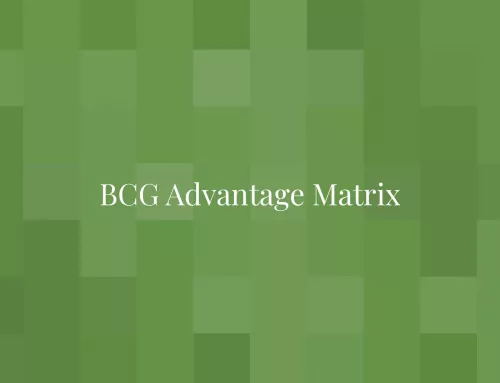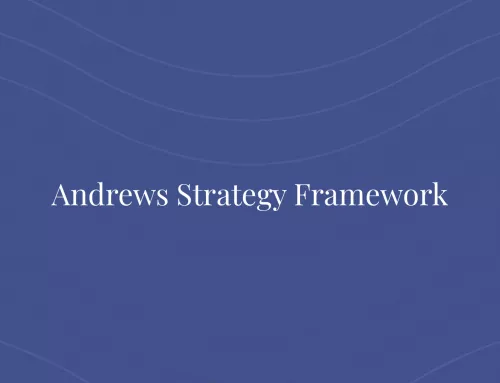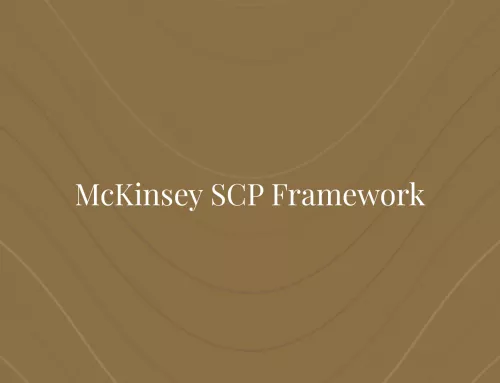Recently, I started listening to a podcast from Charles Schwab – Choiceology with Katy Milkman. The podcast explores the lessons of behavioural economics and exposes the hidden psychological traps that lead to expensive mistakes.
The podcast starts with an anecdote about home improvement. Experienced contractors renovate homes all the time; yet, they regularly face schedule and cost overruns. The podcast titled, Best-Laid Plans, explores the tendency people have to be overly optimistic about what they can accomplish in a set period of time.
Overconfidence bias is a bias in which people demonstrate unwarranted faith in their own intuitive reasoning, judgements and/or cognitive abilities. This overconfidence may be the result of overestimating knowledge levels, abilities and access to information.
Correspondingly, people generally do a poor job of estimating probabilities, yet they believe they do it well. This discrepancy is referred to as the Illusion of knowledge bias.
In a piece of famous research, 93% of Americans claimed to be better drivers than average. It doesn’t take a lot to realise that this is a mathematical impossibility. The fact is many of us simply believe that we are better than we really are. What has been shown to be true in relation to driving, can also be applied to other walks of life. In short, thinking we are better drivers than is really the case can clearly have dangerous consequences. Equally, overconfidence when investing can be dangerous for our wealth.
Case of the International Space Station
The International Space Station (ISS) is a marvel of human ingenuity. ISS, the largest manned object ever put into space, orbits the earth every 90 minutes. It is the 3rd brightest object in the night sky. Although NASA originally estimated the project to cost only a small fraction of that amount, the ISS eventually cost over $100 billion, making it the most expensive object ever built.
Robert Godwin is the co-author of the book, Outpost in Orbit: A Pictorial & Verbal History of the International Space Station. He has written extensively about the ISS and explains the tumultuous history of the project. The ISS started as a relatively modest American plan to succeed the Skylab station. Eventually, this project became a massive international collaboration that was mired in political and technical challenges. In 2003, NASA had then only recently witnessed the Colombia space shuttle disaster. Astronaut Ken Bowersox, who was aboard the ISS during one of the most difficult project phases in 2003, recounted the harrowing details of an emergency return trip to Earth after tragedy struck the American shuttle program.
Hindsight bias
In hindsight, it’s easy to see how a project that involves international cooperation and cutting-edge technology could run into delays and cost overruns. Interestingly, this tendency toward over-optimism manifests itself even in simple projects back on Earth.
- As an experiment, the Choiceology had several volunteers sit down, separately, with a child’s engineering toy designed for 8-year-olds. The producers of the podcast asked them to estimate how long it would take to build a simple machine, using the included step-by-step instructions. The difference between their estimates and reality was telling
- Bradley Staats of the University of North Carolina’s Kenan-Flagler Business School, shares the mechanics of this bias and simple strategies to help reduce forecasting errors. To illustrate, he also cites some domains where this effect could have unintended consequences
Obviously, being aware of the consequences that it may have on future decisions is paramount. Indeed, overconfidence also impacts many other aspects of business and has important strategic implications. Therefore, it’s important to always keep in mind that we all tend to overestimate our knowledge and predictions.




